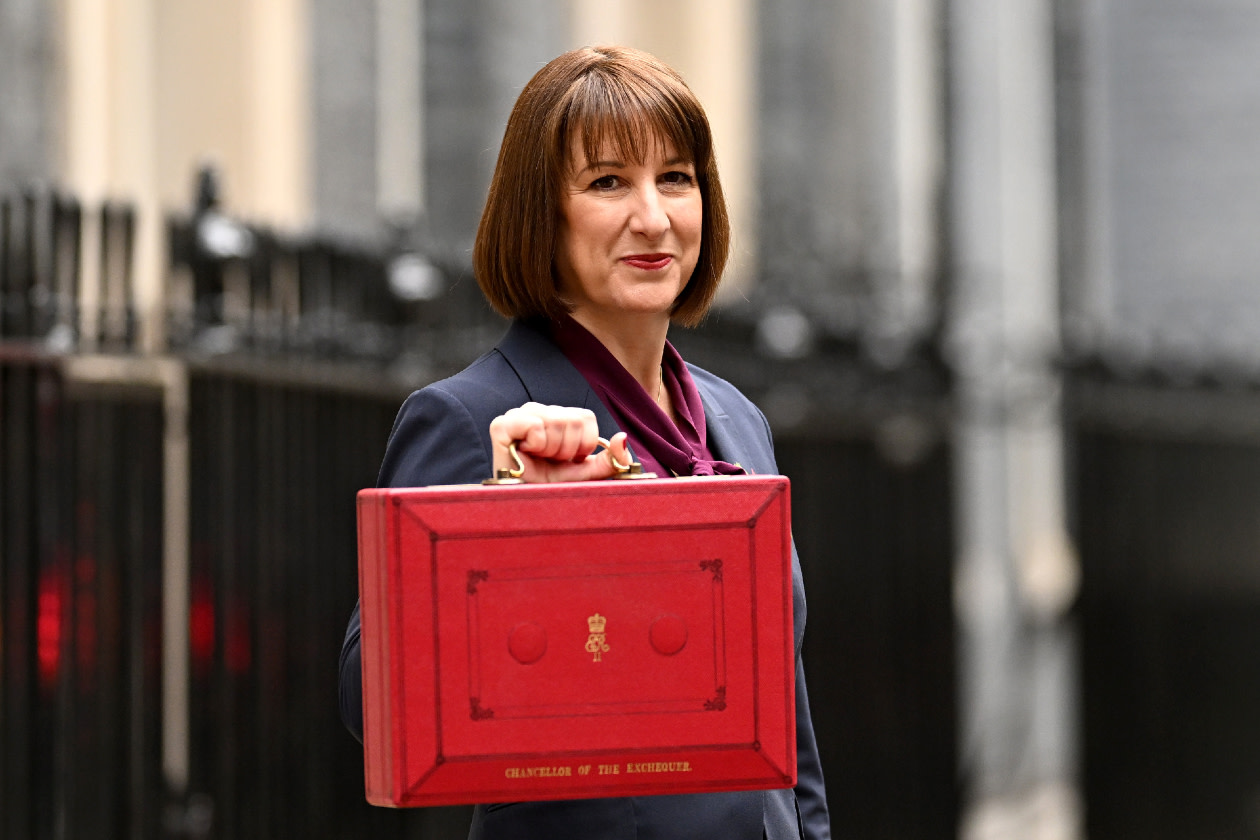The Autumn Budget brought some bad news on inheritance tax (IHT).
Chancellor Rachel Reeves agreed to extend the IHT threshold freeze for another two years to 2030 – meaning more people will now likely pay IHT in the future.
But Reeves also confirmed she will bring most pensions into the IHT regime from April 2027.
At the moment, defined contribution pensions are usually passed on tax free if you die under the age of 75 – or withdrawals are taxed at the beneficiaries’ marginal rate of income tax if you die aged 75 or over – but in most cases pensions don’t attract IHT.
It’s a decision that will upturn many peoples’ plans as we will see many more people being dragged into paying IHT because their pension is now counted as part of their estate.
It’s horrible to think of a tax bill hitting your family at the worst possible time. However, you don’t have to resign yourself to leaving a tax nightmare behind.
Here are three valuable tax breaks that kick in when you pass away, which could save your family tens of thousands of pounds.
This article isn’t personal advice. ISA, pension, and tax rules can also change, and any benefits depend on your circumstances. If you're not sure what's right for you, ask for financial advice.
Everything you leave to a spouse or civil partner is free of inheritance tax
This is the most valuable IHT break around.
Couples made use of this exemption by transferring over £15.5bn of assets tax-free to their spouse or civil partner on death in 2021/22.
It’s why many couples set up their finances with mirror wills – so they automatically leave everything to their spouse when the first of them passes away.
This has the added advantage that if you leave everything to your spouse, you can also transfer your nil rate bands.
It means that a married couple who plan to give their property to children or grandchildren can end up with an allowance worth up to £1m on the second death.
Be careful though that the inclusion of pensions within your estate doesn’t push the overall value above £2m as this could reduce your available residence nil rate bands.
Stay ahead with instant access to our latest articles, expert research, and in-depth insights — right from your mobile device.
If you’re leaving ISAs, you can leave your spouse an extra ISA allowance too
If you leave ISAs to your spouse or civil partner, this will fall within the IHT exemption, so you don’t need to worry about inheritance tax.
But there’s an extra tax break on top too.
When someone passes away, if the contents of their ISAs are being passed to their spouse, they can normally claim an additional ISA allowance – known as an additional permitted subscription (APS).
The APS is equal to the higher of the value of the ISA at the date of death and the value at the point the ISA ceases to be a ‘continuing account’ (this will generally be whichever comes first between the completion of the administration of the estate and the closure of the ISA).
It means they might be able to wrap everything back up in an ISA without using up their annual allowance.
You can leave life insurance policies written in trust free of IHT
You can help protect your loved ones from having to foot an IHT bill by having life insurance to cover the cost.
By writing the policy in trust, it can fall outside your estate, meaning there’s usually no inheritance tax to pay on it.
You should make sure it covers your whole estate though, including any potentially exempt transfers.
If you give larger gifts, and you don’t live for at least another seven years, they can be brought back into your estate for IHT purposes.
It means it’s worth considering a life insurance policy to cover your entire potential tax liability, including these gifts. These policies come at a cost, so not everyone will be able to stretch to the premiums, but it’s at least worth looking into them.
If you’re going to leave your finances in the best possible shape for your family, additional tax breaks are just one of many things you need to consider as you get older. It’s one reason why so many people will get advice at this stage in life, to make sure they have everything in place to protect their family after they’ve gone.
Our advisers can adjust your financial plan post-Budget. Understand how inheritance tax on pensions and risings capital gains tax could impact you.





